Ivory Coast
Once again, the man who calls himself a guarantor of stability is in charge of the world’s top cocoa producer, Ivory Coast.
When Ivorians went to the polls on Saturday, few doubted the outcome. By Monday October 27, President Alassane Ouattara, 83, was declared winner of the elections.
This will make him president for the fourth term after his current term which is expected to end in late 2025, extending his rule over Ivory Coast beyond fourteen years.
He won 89.7% of the vote, Electoral Commission head Ibrahime Kuibiert Coulibaly announced on Monday.
Yet the question now dominating political and social conversations across the region is not about Ouattaras win but whether he will ever step aside after being in power since 2011.
A “Generational Transition” or a Political Myth?
Ouattara has framed this term as one of “generational transition,” a pledge to guide Ivory Coast safely into a new era before passing leadership to younger figures in the ruling Rally of Houphouëtists for Democracy and Peace (RHDP). However, critics say that commitment is wearing thin. The transition disappears into his next mandate.
In 2016, a new constitution reset presidential term limits, technically allowing Ouattara to run again. His allies justified the move as legal and stabilizing, but the opposition decried it as “constitutional manipulation”, a political tactic that has become common across West Africa in recent years.
Divided Opposition, Concentrated Power
The October 2025 vote was somewhat defined by who could not compete as much as who could. Former president Laurent Gbagbo and technocrat Tidjane Thiam were both barred from the race, the former because of a criminal conviction, the latter on citizenship grounds. With major challengers sidelined, turnout hovered near 50%, mirroring 2020’s figure.
Civil society groups and social commentators, however, warn that continued political narrowing could deepen apathy among the country’s youth, more than two‑thirds of whom are under 30.
Succession Within the RHDP
Behind the public calm lies some tension, the looming struggle for succession within Ouattara’s own party.
Political analysts say younger RHDP figures are eager to see renewal in a movement long dominated by Ouattara and his aging inner circle.
Local media reports that former Prime Minister Patrick Achi and Defence Minister Téné Birahima Ouattara, the president’s younger brother, are whispered as possible successors.
However, any transition plan remains unclear. For now, Ouattara’s circle shows no sign of preparing for life after him, reinforcing public skepticism that the “final term” will truly be final.
The Paradox of Stability
Supporters credit Ouattara for transforming Ivory Coast’s post‑war economy, overseeing growth near 6% annually and rebuilding infrastructure. His defenders argue that an experienced hand is essential to protect the country from instability like that ravaging neighbors Mali and Burkina Faso.
However, that same stability, critics warn, may come at the cost of democracy. The nation’s future, and Ouattara’s legacy, hinges on whether he can actually orchestrate a peaceful handover before fatigue turns into frustration by the youth in this party.
As some younger Ivorian social media users put it : “He says it’s his last term. But we’ve heard that line before.”



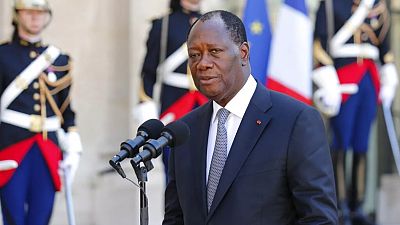

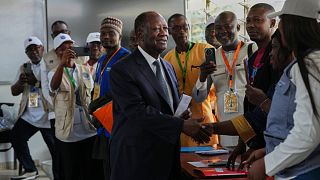
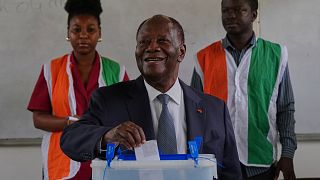
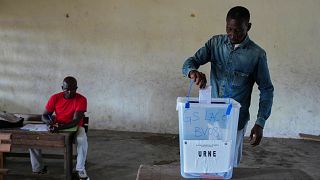
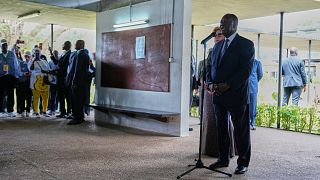
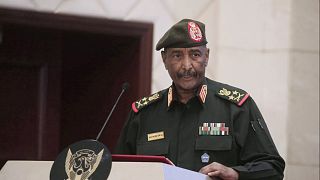

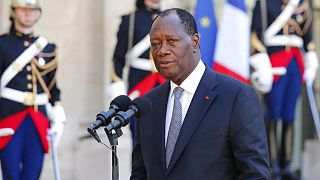
Go to video
Why old Presidents still win: generational tensions after Cameroon and Ivory Coast votes
00:58
Kenya plane crashes near Kwale; 11 tourists feared dead
Go to video
Ghana makes local languages compulsory in schools
01:22
Ivory Coast goes to the polls as Ouattara seeks fourth term
Go to video
Can Ghana’s new claim over Kente change the way fashion brands use African designs?
Go to video
Davido meets Macron in Paris, sparks global buzz over vision for a better world